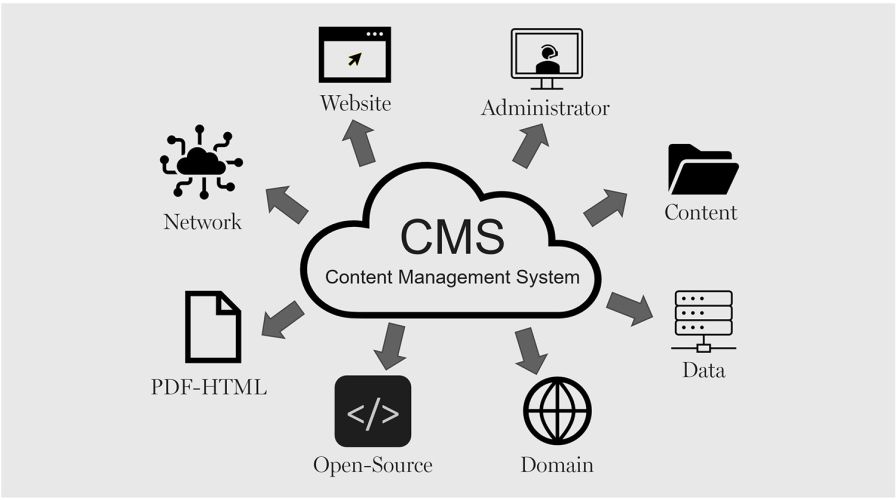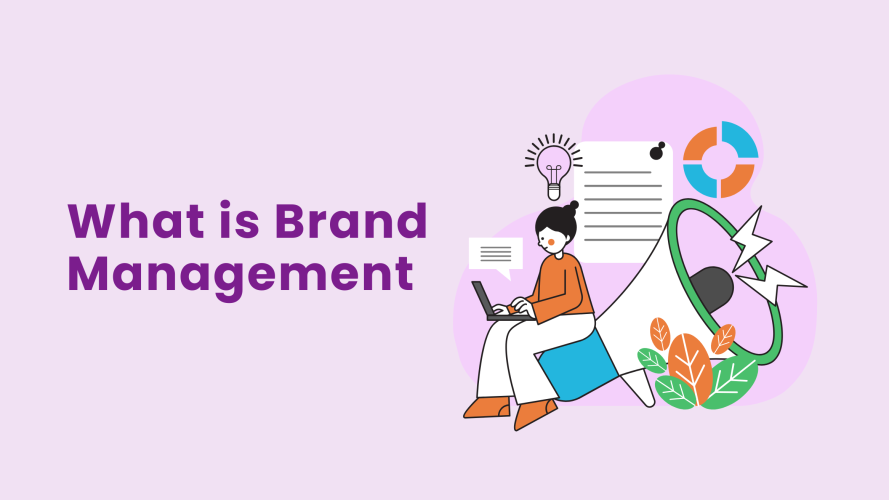E-commerce Marketing Services: Driving Online Success
E-commerce marketing services are essential for businesses looking to thrive in the competitive online marketplace. These services encompass various strategies and tactics designed to attract, engage, and convert customers through digital channels.
Key components of e-commerce marketing services include:
- Search Engine Optimization (SEO): Optimizing your website’s content and structure to improve search engine rankings and drive organic traffic.
- Pay-Per-Click (PPC) Advertising: Running targeted online advertising campaigns to reach potential customers and drive immediate results.
- Content Marketing: Creating and distributing high-quality content, such as blog posts, articles, and videos, to attract and engage your target audience.
- Social Media Marketing: Leveraging social media platforms to build brand awareness, connect with customers, and drive traffic to your website.
- Email Marketing: Building and nurturing email lists to send targeted marketing campaigns and drive repeat business.
- Conversion Rate Optimization (CRO): Optimizing your website’s design, layout, and user experience to encourage conversions and reduce cart abandonment.
- Analytics and Reporting: Tracking website performance, measuring key metrics, and providing actionable insights to improve your marketing strategies.
Benefits of E-commerce Marketing Services
- Increased Online Visibility: Improve your search engine rankings and attract more organic traffic.
- Targeted Marketing: Reach your ideal customers through effective targeting and messaging.
- Enhanced Brand Awareness: Build brand recognition and establish trust with your target audience.
- Improved Conversion Rates: Optimize your website and marketing efforts to drive more conversions and sales.
- Data-Driven Decision Making: Make informed decisions based on analytics and insights.
- Scalability: Easily adjust your marketing efforts to meet changing business needs and market conditions.
How E-commerce Marketing Services Work
- Needs Assessment: A thorough assessment is conducted to understand your business goals, target audience, and desired outcomes.
- Strategy Development: A customized e-commerce marketing strategy is created, outlining the specific tactics and channels to be used.
- Content Creation: High-quality content is developed to attract and engage your target audience.
- SEO Optimization: Your website is optimized for search engines to improve visibility and organic traffic.
- PPC Campaign Management: Paid advertising campaigns are launched and managed to target potential customers.
- Social Media Marketing: A social media presence is established and maintained to build brand awareness and engage with customers.
- Email Marketing: Email campaigns are created and sent to nurture leads and drive repeat business.
- Analytics and Reporting: Key performance indicators (KPIs) are tracked and analyzed to measure the effectiveness of your marketing efforts.
Choosing the Right E-commerce Marketing Agency
When selecting an e-commerce marketing agency, consider the following factors:
- Experience: Look for an agency with a proven track record in e-commerce marketing.
- Expertise: Ensure the agency has expertise in the specific areas relevant to your business, such as SEO, PPC, or social media.
- Customization: The agency should be able to tailor their services to your unique needs and goals.
- Communication: Effective communication and collaboration are essential for a successful partnership.
- Results: The agency should be able to demonstrate its ability to deliver results and achieve your desired outcomes.
By working with a skilled e-commerce marketing agency, you can effectively leverage digital marketing strategies to drive sales, enhance your brand, and achieve your business objectives.
Would you like to know more about specific e-commerce marketing tactics or how to evaluate potential agencies? Sources and related content
Post Views: 47





